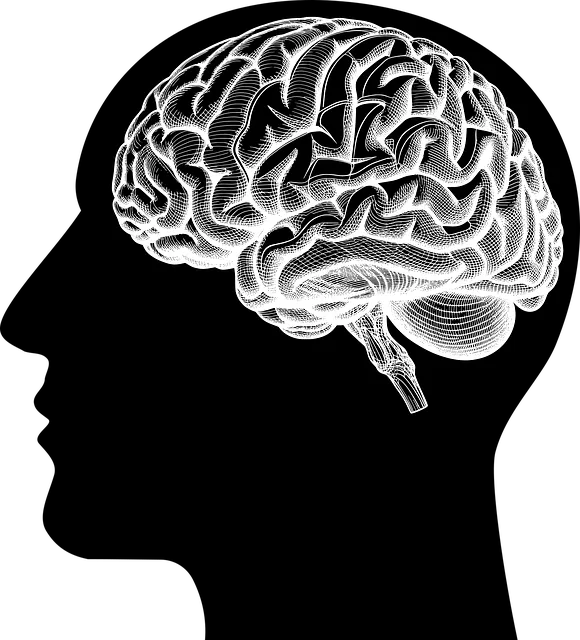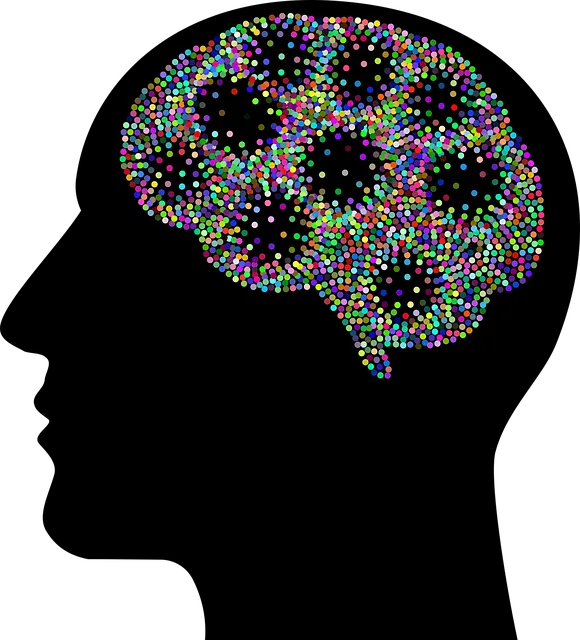Emotional intelligence (EI) development is a key component of Kaiser's holistic approach to mental health services in Englewood, empowering residents to manage their emotions and strengthen connections. Through training in cultural sensitivity, conflict resolution, self-care practices like journaling and mindfulness, and programs that encourage self-reflection and active listening, Kaiser helps individuals build emotional awareness, improve communication, and navigate life's challenges with greater ease. Englewood residents can access these services to enhance their EI, foster healthier relationships, and optimize their experience with mental health support through Kaiser.
Emotional intelligence (EQ) is a powerful tool for personal growth and successful relationships. This article explores strategies to build EQ, focusing on self-awareness, empathy, and connection. We delve into the Kaiser Approach to mental health services, offering unique insights. By understanding your emotions and those of others, you can enhance your daily interactions. Learn practical techniques to navigate social situations, foster empathy, and improve mental well-being, all inspired by the comprehensive services provided by Kaiser.
- Understanding Emotional Intelligence: Unlocking Its Potential
- The Kaiser Approach to Mental Health Services: A Unique Perspective
- Engaging in Self-Reflection: The Cornerstone of EQ Development
- Enhancing Social Awareness: Building Empathy and Connection
- Practical Strategies for Improving Emotional Intelligence Daily
Understanding Emotional Intelligence: Unlocking Its Potential

Emotional intelligence (EI) is a powerful tool that empowers individuals to understand and manage their own emotions, as well as recognize, empathize, and effectively interact with the emotions of others. This multifaceted skill set goes beyond mere self-awareness; it involves regulating emotions, using them constructively, and showing empathy and compassion towards others.
Englewood residents seeking mental health support through Kaiser can unlock significant personal growth by cultivating EI. The process begins with recognizing the importance of emotional awareness in daily interactions. By developing cultural sensitivity in mental healthcare practice, as encouraged by Healthcare Provider Cultural Competency Training, individuals become more attuned to the unique emotional needs of diverse populations. This, coupled with learning conflict resolution techniques, allows for better communication and understanding, fostering healthier relationships and a more supportive environment.
The Kaiser Approach to Mental Health Services: A Unique Perspective

The Kaiser Approach to Mental Health Services offers a unique and holistic perspective on well-being, with a focus on more than just treating symptoms. This approach emphasizes the importance of compassion cultivation practices, encouraging individuals to nurture both their mental and emotional health. By integrating self-care practices into daily routines, Kaiser aims to empower patients to take control of their mental well-being. The model believes in fostering resilience through understanding and managing emotions effectively, aligning with the core principles of mind over matter.
For those seeking mental health services through Kaiser in Englewood, this approach provides a comprehensive strategy. It encourages patients to explore and develop emotional intelligence, leading to better coping mechanisms and improved overall mental fitness. This unique perspective not only treats immediate concerns but also equips individuals with lifelong skills to navigate life’s challenges with greater ease.
Engaging in Self-Reflection: The Cornerstone of EQ Development

Engaging in self-reflection is a powerful tool that forms the cornerstone of emotional intelligence (EQ) development. It involves looking inward, understanding one’s emotions, and recognizing their impact on thoughts and behaviors. Through introspection, individuals can gain valuable insights into their strengths, weaknesses, motivations, and triggers, which are essential for building self-awareness—a key component of EQ. By practicing regular self-reflection, you can enhance your ability to manage stress, make better decisions, and foster healthier relationships.
For those seeking support in this journey, Kaiser’s mental health services offer a range of resources. Their comprehensive approach includes therapy options, coping skills development workshops, and programs focused on mental health policy analysis and advocacy. Additionally, they emphasize the importance of self-care routine development for better mental health, providing tools to help individuals navigate their emotional landscapes effectively.
Enhancing Social Awareness: Building Empathy and Connection

Englewood residents seeking to enhance their emotional intelligence and build stronger connections often turn to mental health services provided by Kaiser. This journey begins with cultivating social awareness, a cornerstone of emotional intelligence. By developing empathy, individuals can better understand and connect with others, fostering deeper relationships and more meaningful interactions.
One effective strategy is engaging in active listening, where one fully focuses on understanding another’s perspective and emotions without judgment. This simple yet powerful tool strengthens communication, builds trust, and promotes a sense of belonging—crucial elements for improving mental well-being. Moreover, cultivating cultural competency through Healthcare Provider Training can create more inclusive environments, benefiting both patients and providers by addressing anxiety relief and promoting inner strength development.
Practical Strategies for Improving Emotional Intelligence Daily

Building emotional intelligence is a daily practice that can significantly enhance your personal and professional relationships. One practical strategy to improve your Emotional Intelligence (EI) is through self-awareness exercises, such as journaling. Keeping a Mental Wellness Journal allows you to reflect on your emotions, track patterns, and gain insights into what triggers certain feelings. This simple yet powerful tool encourages mindfulness, enabling you to better understand yourself and respond thoughtfully in various situations. By consistently recording your experiences, thoughts, and emotional states, you can develop a deeper sense of self-awareness—a cornerstone of EI.
Additionally, engaging in regular physical activity or mindfulness practices like meditation can contribute to mental health and enhance EI. These activities help reduce stress, improve focus, and boost overall mood. For instance, the Public Awareness Campaigns Development around mental health encourages open conversations about emotions, breaking down stigma, and fostering a supportive environment. Engaging with these initiatives not only educates individuals but also provides access to valuable resources like how to get mental health services through Kaiser, making it easier for folks to prioritize their emotional well-being.
Emotional intelligence is a powerful tool for personal growth and navigating complex social interactions. By understanding and practicing self-reflection, enhancing social awareness, and adopting practical strategies, individuals can significantly improve their EQ. The Kaiser Approach offers a unique perspective on mental health services, emphasizing the importance of holistic well-being. Engaging in these activities not only benefits personal relationships but also enables folks to access better mental health support through Englewood’s Kaiser network. Through dedicated practice, anyone can unlock their emotional potential and foster meaningful connections.






